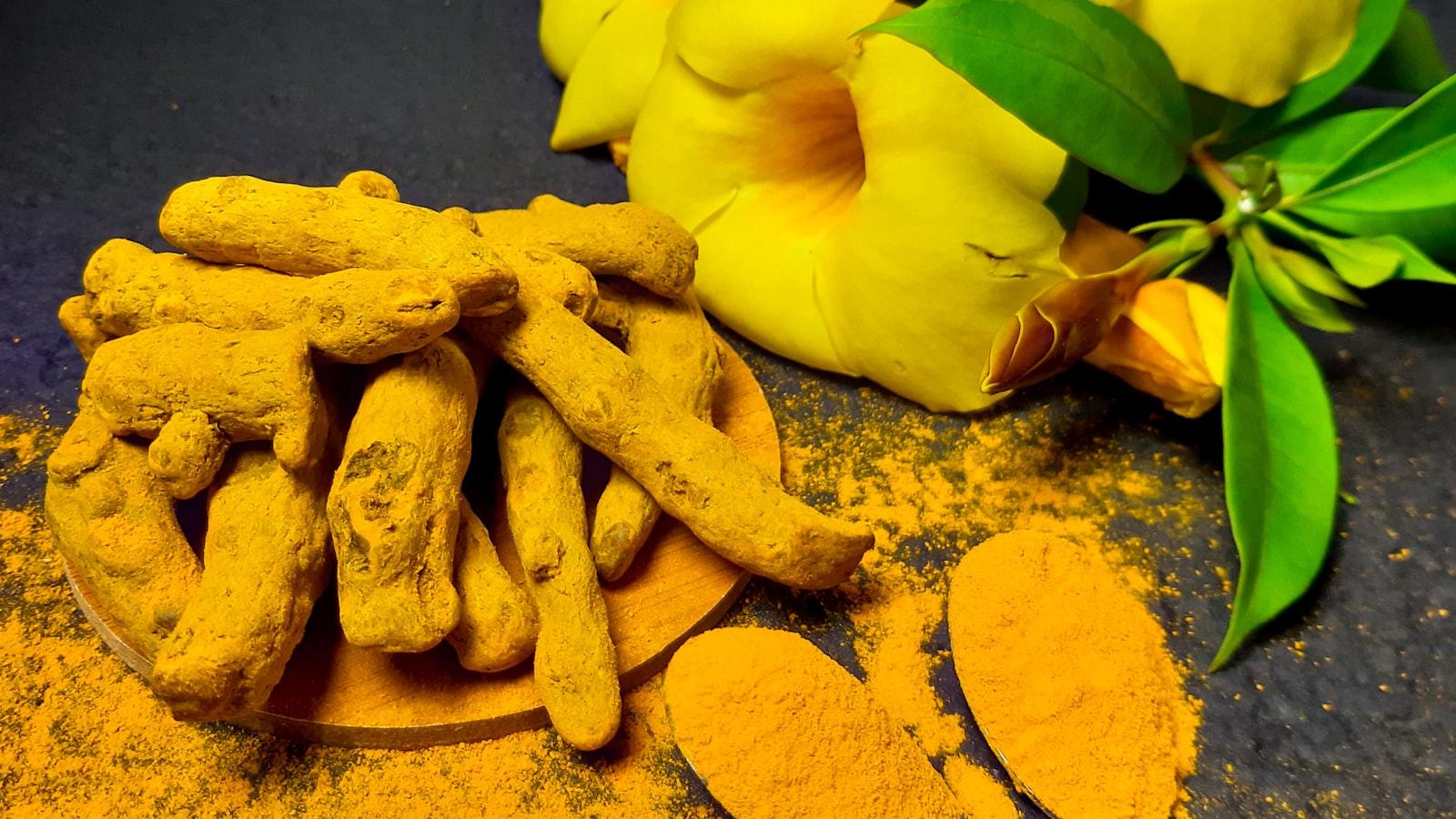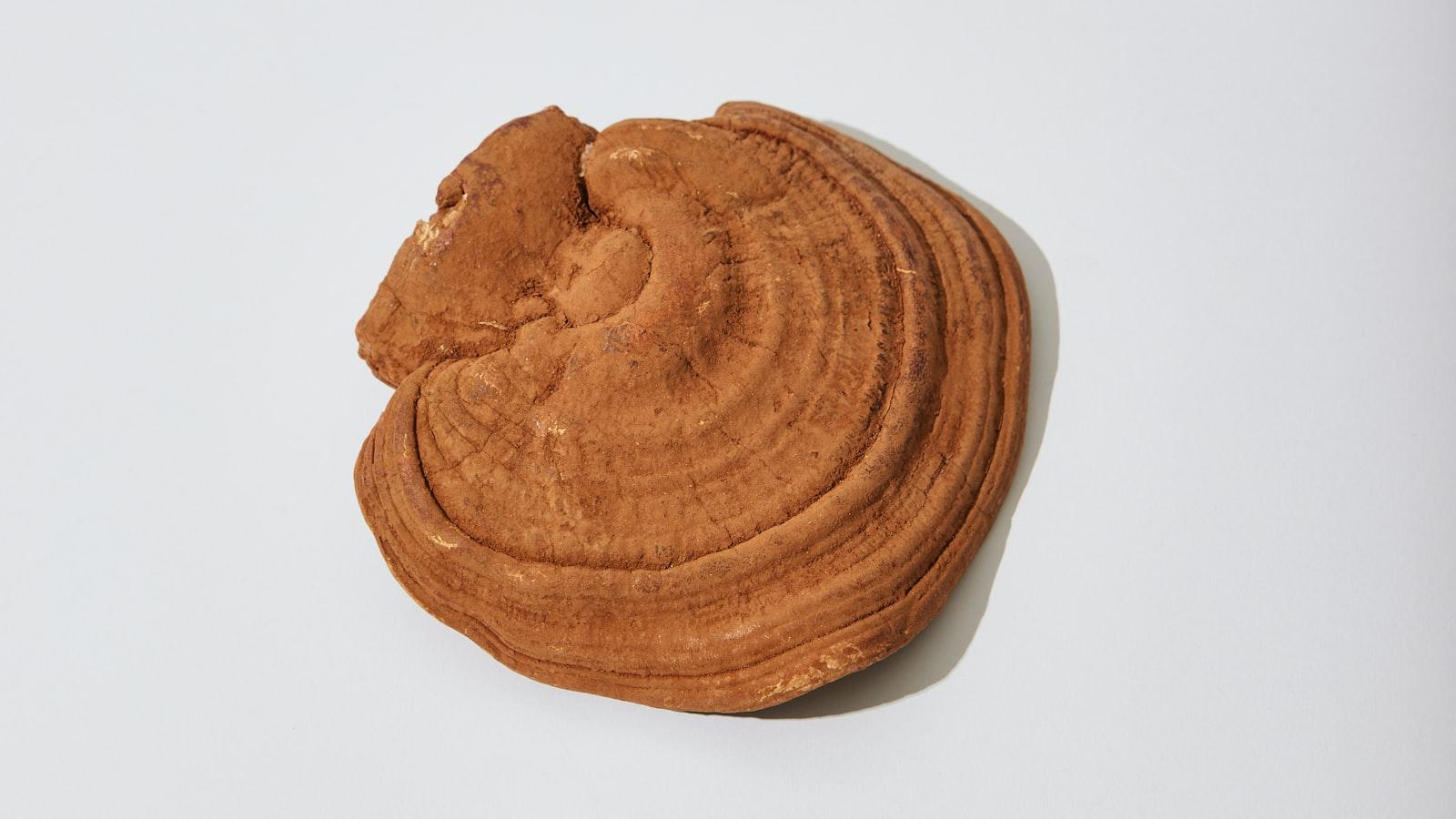Once upon a time, in the mystical lands of ancient India, a sacred knowledge traversed through generations, quietly imprinting itself in the hearts and minds of those who sought ultimate well-being. This venerable wisdom, known as Ayurveda, has gracefully withstood the tides of time, offering a beacon of hope and healing in an ever-evolving world. Today, we embark on a timeless journey, where the ancient meets the contemporary, as we delve into the realms of Ayurveda 101 – an enlightening introduction to the mystical healing system that has captivated the curious minds and ignited the spirits of countless seekers worldwide. So, let us shed our preconceived notions, open our minds, and embark on a voyage that will unravel the secrets of this treasured Indian heritage. Welcome to a world where harmony, vitality, and rejuvenation converge – welcome to Ayurveda.
Ayurveda: Unraveling the Ancient Wisdom of Indian Healing
Ayurveda, the ancient healing system of India, has been praised for centuries for its holistic approach to health and well-being. Rooted in the belief that balance is the foundation of good health, Ayurveda seeks to harmonize the mind, body, and spirit through a combination of diet, lifestyle practices, and herbal remedies. With a history dating back over 5,000 years, Ayurveda offers a wealth of wisdom that is just beginning to be fully appreciated and understood in the modern world.
At the core of Ayurveda lies the concept of doshas – the three energetic forces that govern our physical and mental makeup: Vata, Pitta, and Kapha. Each person is believed to possess a unique combination of these doshas, which determine their individual constitution and health tendencies. By understanding our dosha type, we can tailor our diet and lifestyle choices to bring about balance and avoid imbalances that may lead to illness. Ayurveda also recognizes the importance of daily routines and rituals, known as dinacharya, in promoting optimal health. From waking up at sunrise to practicing self-massage with warm oil, these practices help to align our body’s natural rhythms and promote overall well-being.
In addition to diet and lifestyle, Ayurveda relies on a wide array of herbal remedies to support the body’s natural healing processes. Many Ayurvedic herbs and formulations have been used for centuries to address specific health concerns, such as digestion, stress, immune support, and rejuvenation. From well-known herbs like turmeric and ashwagandha to lesser-known treasures like brahmi and shatavari, Ayurveda offers a cornucopia of plant-based remedies that can be used to restore balance and promote vitality. By embracing the ancient wisdom of Ayurveda, we can tap into a wealth of knowledge from the past to support our overall well-being in the present and future.


Understanding the Fundamental Principles of Ayurveda
Ayurveda, an ancient Indian healing system, is rooted in the belief that health and wellness depend on a delicate balance between the mind, body, and spirit. With a history dating back thousands of years, Ayurveda holds timeless wisdom that can guide us in our quest for optimal well-being. In this article, we will delve into the fundamental principles of Ayurveda to help you gain a deeper understanding of this holistic approach to health.
1. The Five Elements: According to Ayurveda, the universe is composed of five elements – Ether, Air, Fire, Water, and Earth. These elements combine in various proportions to form the three main doshas or bio-energies: Vata, Pitta, and Kapha. Each dosha has its unique qualities and governs different functions in the body.
2. Dosha Imbalance: When any of the doshas become imbalanced, it can lead to physical, mental, and emotional imbalances, causing illness. Ayurveda aims to restore harmony by identifying the predominant dosha(s) in an individual and prescribing specific lifestyle practices, dietary choices, and herbal remedies to bring them back into balance.
| Dosha | Qualities | Imbalance Manifestation |
|---|---|---|
| Vata | Dry, light, cold, rough, subtle, mobile | Anxiety, constipation, insomnia |
| Pitta | Hot, sharp, oily, light, liquid, acidic | Acid reflux, irritability, inflammation |
| Kapha | Cool, heavy, stable, oily, smooth, dense | Lethargy, weight gain, congestion |
Ayurveda offers a comprehensive approach to health by emphasizing the importance of understanding our unique constitution and making choices that support our individual needs. By harmonizing the mind, body, and spirit, Ayurveda empowers us to live a life of vitality and balance.

Unlocking Your Elemental Constitution: Finding Balance and Harmony
Ayurveda 101: An Introduction to the Ancient Indian Healing System
Welcome to the fascinating world of Ayurveda, an ancient Indian healing system that has been practiced for thousands of years. Ayurveda, which translates to “the science of life,” aims to restore balance and harmony within the body by understanding and working with our elemental constitution.
According to Ayurveda, every individual is made up of a unique combination of three doshas or energies: Vata, Pitta, and Kapha. These doshas are derived from the five elements – space, air, fire, water, and earth – and they govern different aspects of our physical, mental, and emotional well-being. By understanding our predominant dosha and learning how to balance it, we can achieve optimal health and vitality.
- Unlock the secrets of your elemental constitution through Ayurveda
- Discover how to bring balance and harmony to your doshas
- Learn simple and practical Ayurvedic practices to enhance your well-being
In Ayurveda, each dosha has its own unique characteristics and imbalances associated with it. For example, Vata individuals tend to be creative, spontaneous, and energetic, but when out of balance, they may suffer from anxiety and digestive issues. On the other hand, Pitta individuals are driven, ambitious, and sharp-minded, but an excess of Pitta can manifest as anger and inflammation. Kapha individuals are typically calm, nurturing, and grounded, but an imbalance can lead to sluggishness and weight gain.
| Dosha | Characteristics | Imbalances |
|---|---|---|
| Vata | Creative, energetic, quick-thinking | Anxiety, digestive issues |
| Pitta | Driven, sharp-minded, passionate | Anger, inflammation |
| Kapha | Calm, nurturing, grounded | Sluggishness, weight gain |
By understanding our dosha and its associated imbalances, we can make informed choices about our lifestyle, diet, and daily routines to bring ourselves back into equilibrium. Ayurveda offers a wide array of holistic practices, including dietary modifications, herbal remedies, yoga, meditation, and specific daily routines tailored to each individual’s dosha.
So, if you’re ready to embark on a journey of self-discovery and unlock the secrets to balance and harmony, join us as we dive into the world of Ayurveda. Get ready to explore the timeless wisdom of this ancient Indian healing system and discover the tools to optimize your well-being.

Incorporating Ayurvedic Lifestyle Practices for Optimal Well-being
Ayurveda, an ancient Indian healing system, has been practiced for centuries and offers a holistic approach to well-being. Incorporating Ayurvedic lifestyle practices into your daily routine can help you achieve optimal physical and mental health. Here, we will explore some key principles of Ayurveda and how you can integrate them into your life.
-
Mindful Eating: In Ayurveda, food is seen as medicine, and mindful eating is emphasized for optimal digestion and absorption of nutrients. Slow down and savor your meals, paying attention to the flavors, textures, and colors. Avoid overeating and opt for wholesome, nourishing foods that are in harmony with your body type, known as doshas.
-
Daily Routine: Establishing a consistent daily routine aligns your body and mind with the natural rhythms of the day. Try to wake up and go to bed around the same time every day, creating a sense of stability and balance. Incorporate self-care practices such as oil massages, meditation, and gentle exercise. Prioritize rest and relaxation to recharge and rejuvenate yourself.
-
Yoga and Meditation: Ayurveda considers the mind-body connection crucial for well-being. Engage in regular yoga and meditation practices to enhance physical strength, flexibility, and mental clarity. These practices help calm the mind, reduce stress, and promote inner peace.
Incorporating Ayurveda into your lifestyle requires awareness, patience, and a commitment to self-care. By implementing these principles and practices, you can embark on a journey towards optimal well-being and harmony in your life. As with any health-related approach, it is always advisable to consult with a qualified Ayurvedic practitioner for personalized guidance and support. Embrace the wisdom of Ayurveda to nurture your body, mind, and soul.
The Way Forward
As we dive deeper into the mystical world of Ayurveda, we have unveiled the secrets of this ancient Indian healing system that has withstood the test of time. From the vibrant colors of our doshas to the symphony of our bodies, Ayurveda has an extraordinary ability to synchronize our beings with the elements of the universe.
With each passing day, it becomes evident that the answers to our well-being were already granted by nature. Ayurveda unveils the harmony that exists between mind, body, and the environment, embracing the enthusiastic whispers of our souls and reinstating the forgotten connection between human beings and Mother Earth.
Through this journey, we have learned to listen to the rhythm of our hearts and embrace the whispers of our bodies. The integration of Ayurveda into our lives brings forth a beautiful symphony that weaves together the strings of balance, nourishment, and self-awareness.
Let us sail through the tides of life, guided by the wisdom of Ayurveda, as we embark on a journey of self-discovery and holistic healing. Whether we seek to understand our unique constitutions or indulge in the delightful art of self-care, Ayurveda gently holds our hands and leads us to a world where vitality, serenity, and fulfillment dance harmoniously.
So, let us honor this ancient Indian healing system, this doorway to self-transformation. May it be a source of inspiration, wellness, and boundless knowledge that guides us towards a life of vitality, unity, and absolute well-being. As we bid farewell to these introductory pages, let us embark on this remarkable journey, allowing Ayurveda to envelop us in its timeless embrace.



